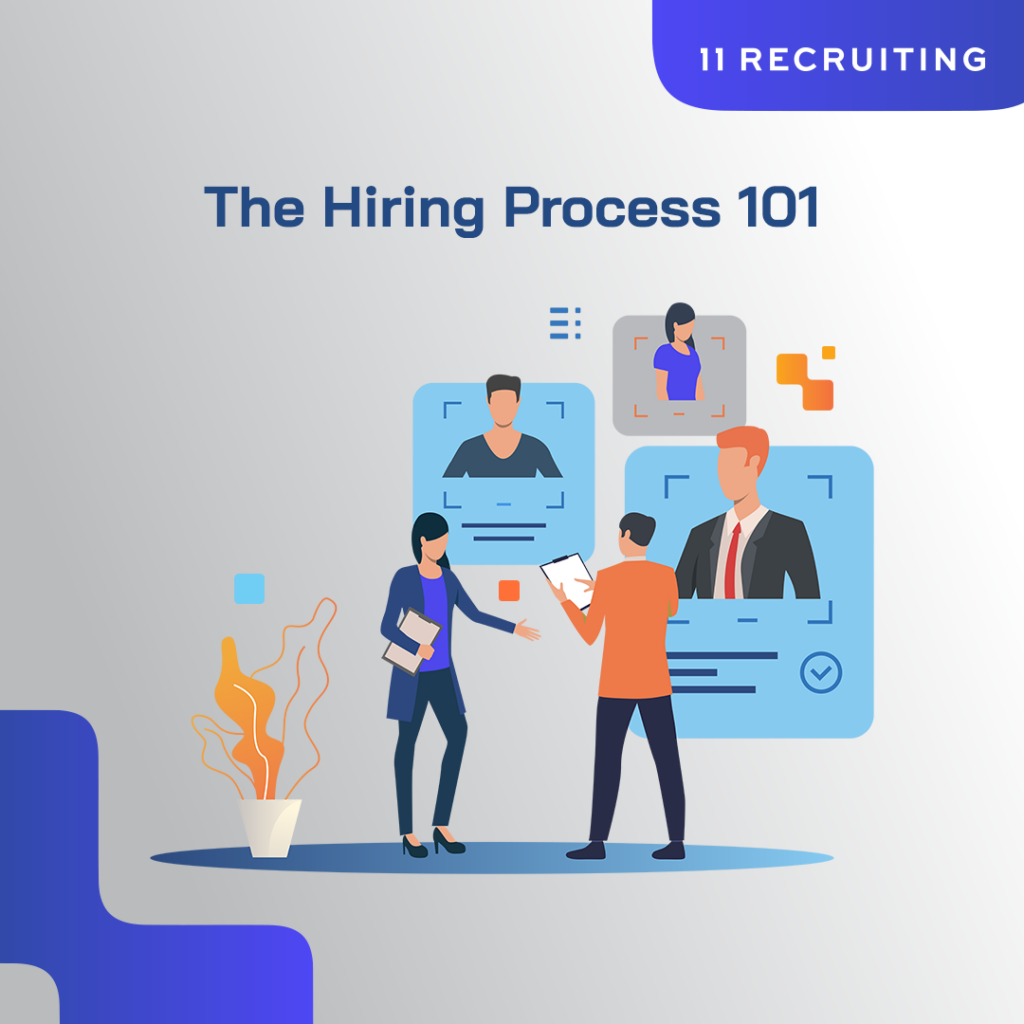
Job scams have been around for a while but recently came into light when firms embarked on massive layoffs that hit every sector, from tech to finance. More so, virtual hiring and remote work or WFH have made it easier to swindle job seekers, especially tech enthusiasts, and professionals looking at online job postings, to find their next role.
These job scams include fake recruiters, fake job postings, work-from-home schemes, and multi-level marketing scams. Ultimately, these fraudulent schemes aim to trick job seekers into paying money, stealing identities, or providing personal information.
Fact: According to the Federal Trade Commission, the number of reported job scams nearly tripled to 104,000 between 2019 and 2021 and remained elevated in 2022. By the third quarter (Q3) of 2022, U.S. workers lost about $77.96 million to fake jobs and employment-related scams. Unfortunately, due to economic uncertainty, Experian says that fraud threats will surge in 2023. However, knowing how to differentiate real jobs from fake ones is the best way to protect yourself. Read on to find out.
10 Ways To Spot Job Scams
While job scams can pop up in any form, we’ve got a list of the most common ways to spot job scams and recruitment scams when searching for a job, responding to a job offer, or when approached by a recruiter/headhunter.
1. The Company’s URLs, Socials, Photos, and Names Seem Off or Vague
Job scammers will often try to recreate legitimate websites or even create one from scratch and then steal images from actual companies or websites that give stock images to create a social media presence so that job seekers can feel safe.
When you see a job posting online, and your doubt kicks in, your initial reflex should be to verify the company’s online presence, and you can even probe further into its employees. Go on Linkedin to check if they have current employees and other relevant information about the company’s brand reputation. If there is no alignment, it’s probably a fake job.
A legitimate job has complete details in its LinkedIn job post along with actual recruiters that will help you throughout the hiring process.
2. Unsolicited Job Offer
When you receive an “out of the blue” job offer or an interview from a company you didn’t apply to or drop your resume in your box, it’s a clear sign that it’s a fake. This tactic is usually familiar with fake recruiters by sending unsolicited job offers not sought by the job seeker and offering immediate employment or the opportunity to interview for a great job. When you see these Fake jobs offer emails or messages through other social media like Linkedin, Facebook, Twitter, or Instagram, it’s best to research the company to find their official contact information and reach out to them to confirm the authenticity of the job offer you received.
3. Vague Contact Information – Emails and Phone Numbers
First, a legitimate company wouldn’t initially reach out to you via phone calls or text messages, so if you get that often, they’re most likely recruitment scams. Additionally, any company using an email provider like Yahoo! or Gmail instead of their company email is probably not legitimate. Also, notice the spelling of the company name on the email and check it against the one on their website; it’s common for job scammers to use an email that’s one or two letters off.
4. Requesting a Resume without any Specific Job Posting
While some recruiters may want your resume if they see a job opportunity that fits your skill, some fake ones may also ask for your resume without a specific job posting to get your personal information identifying information, including phone numbers and email, and home addresses. Again, confirm the authenticity of the recruiter or the recruiting agency.
5. Vague or Incomplete Job Requirements and Descriptions
Legitimate job offers have specific job responsibilities and requirements that align with the job position in a description. However, in fake job offers and with fake recruiters, the job roles, duties, and requirements are ambiguous, vague, and sometimes generalized that pretty much anyone could qualify for. And sometimes, the job responsibilities usually don’t tally with the position. If you come across these job offers, contact the recruiter or company to ask for more specific and detailed information concerning the role.
6. Juicy Salary Packages
Agreeable, there are specific IT jobs that pay so well with additional good packages; however, if a job offer mentions unusually high-income bonuses and benefits for a position that you know is far beyond what to expect for that role, it may be a red flag. For clarity’s sake, look into the company and position further before applying, or better still, if you’re in doubt about the salary range for the role, check the job role salary range on job sites like Indeed and Glassdoor to compare and verify if the packages make sense. If it’s different, contact the recruiter or company for more information about the job role and expectations.
7. “Too good” Work Schedule
While many IT career opportunities provide flexible work hours and schedules that promote a healthy work-life balance, if a job appears to be just a little too relaxed with an unconventional schedule that also demands you to work from home strictly, it could be another warning sign. If the job offer now pairs this “too good” work schedule with a juicy and unrealistic salary, bonus, and benefit, it is most likely a fake job. For example, a job offer for a technical writing job that promises you’ll only have to work one or two days per week while still earning $100,000 with a bonus of $3000 for an entry-level role should get you investigating further before you send in your resume.
8. Unprofessional Communication Methods
When a recruiter or job posting requires that interviews be conducted via instant messaging services, like Telegram or WhatsApp, rather than Zoom, teams, or Meet, it’s a sign of fake job scams. Although convenient, it is rare for a legitimate recruiter and company to conduct a job interview through these unprofessional platforms. Do your research before interviewing and insist that you prefer a Zoom meeting to see if the results yield any more red flags. Also, if there are spelling and grammar errors in the job posting or email, it’s likely a fake job; since legit recruiters are always attentive to details when it comes to the job posting and mailing job candidates.
9. Paying to Get a Job Placement or Work Equipment
Honest employers will never ask you to pay an upfront fee to get a job, work equipment, or training, and legitimate recruiters, headhunters, and recruitment agencies typically don’t charge prospective job seekers. Instead, they’re paid by the company looking for qualified candidates.
10. The Employer Asks for Personal Information
Recruitment scams can also come in the form of a fake recruiter or a fake job offer asking for personal information such as your social security number, full bank account details, or credit card information. Although, when a company hires new employees, there’s always a requirement to fill out tax documents, submit bank information for direct deposit and perform other confidential processes. However, this is only necessary after you sign an employer’s offer letter and start your new job. So, If a recruiter asks for personal information besides your basic contact information, take this as a red flag.
In conclusion
While there are no sure-fire ways to detect job or recruitment scams, watch for telltale signs of red flags that should raise your suspicions. Emails from personal accounts not affiliated with a company, poor spelling and grammar, interviews conducted solely via email or online chat, salaries out of line with industry norms, and requests for account numbers or other personal information are some ways to detect fake job scams. Doing your due diligence with research and speaking with trusted people can save you from the trap of job scammers and fake recruiters.
Need help finding a legitimate job? The right opportunity might just be around the corner. It’s best to send your application to a legitimate specialized recruiter like Eleven Recruiting.
At Eleven Recruiting, we offer the best recruiting and hiring services for your needs as a job seeker. Contact us on our service page, and we’ll gladly help.
Frequently Asked Questions
What are the signs of a fake recruiter?
One of the most common signs of fake recruiters is using high-pressure sales tactics or making unrealistic job offers and salary packages that seem too good to be true. If the recruiter appears too eager to offer you a job without verifying your skills, experience, qualifications, or even interviewing with you, or if they don’t have in-depth information about the job responsibilities and the company itself, they’re likely a fake. Another red flag is when the recruiter is willing to offer/secure you a job only if and when you’re eager to make a payment. Additionally, fake recruiters will use generic job titles or descriptions that do not match a job seeker’s skills or experience cipf-es.org or may not provide clear information about the company or job opportunity.
How can I avoid recruitment scams?
For every job posting, do an in-depth online research and background check on the recruiter and the company they represent via their website, social media presence, and reviews from past employees or job seekers. When doing your online research on the hiring organization, add the word “scam”, “fraud”, “review”, or “complaint” to find out what other job seekers have said about them.
Even more, most legitimate companies have a ‘jobs and careers’ page on their website, so check to see if the job posting is on the company’s website. Remember to also check if the recruiter has a professional email address, phone number, and LinkedIn profile to verify if the person you are speaking with works for the company and if the job you’re applying for exists. If the company and the recruiter have no online presence or professional background, it’s also a sign that they are not genuine.
What can I do if I am scammed on a job offer?
First, don’t make the payment, no matter the means — check, debit or credit card, bank or wire transfer, gift card, or cash reload card. And if you have, immediately contact the financial service you used to send the money to and report the fraud to the job board if that’s where you encountered the scam or the Federal Trade Commission. And if these scammers took any delicate information like your social security number or passwords, go to IdentityTheft.gov to see what steps to take and change or create a new, strong password too.

